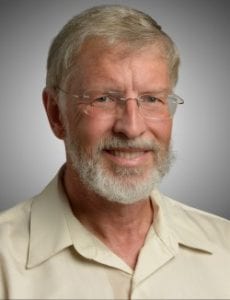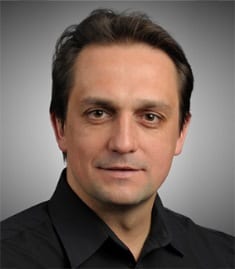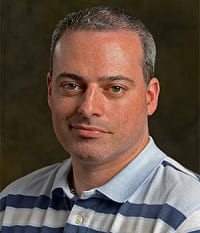College of Sciences Dean’s Awards
Last year the university and the college started several new awards for research accomplishment. The COS Dean’s Distinguished Researcher and Rising Star Awards recognize the efforts of the most ‘research productive’ faculty and the outstanding value that they bring to their classroom teaching, as well as to the unambiguous value of the research mentorship that they offer to undergraduate and graduate students that are their apprentices.
The applicants must have an outstanding research, scholarly, and/or creative record that advances the body of knowledge in their field. All applicants must have been full time tenured or tenure track faculty since August 8, 2011.
Candidates for the Distinguished Researcher Award must be full-time tenured faculty at the rank of Professor in COS. Candidates for the Rising Star Awards must be fulltime tenure-earning Assistant Professors or tenured Associate Professors (there will be one award at each rank). Previous winners of any of these awards will be required to wait three years before being eligible to apply again to any of these Dean’s awards. Faculty who have received one of these awards in 2013 or later are not eligible in the current cycle.
The College of Sciences would like to congratulate following recipients:
Dean’s Distinguished Researcher Award: Daniel Britt, Ph.D., Department of Physics
Daniel Britt, Ph.D., studies the physical properties of asteroids, comets, lunar samples, and meteorites. This includes serving as the Director of the NASA-funded Center for Lunar and Asteroid Surface Science. He has published a series of papers that are the foundation for understanding the composition, internal structure, porosity, and strength of asteroids, work that has led to the consensus that most asteroids are gravitationally-bound rubble piles. This result has important implications for the understanding of asteroid evolution, and has reshaped the plans for the diversion of asteroids that could potentially impact the Earth. Other work includes the fundamental paper on the evolution of comet surfaces. Recent research established one of life’s building blocks, amino acids, as a routine by-product of the space weathering of asteroids. As a side job he developed color calibration standards for NASA Mars rovers. He has been elected a Fellow of the Meteorological Society, Chair of the Division for Planetary Sciences of the American Astronomical Association, and Chair of the Planetary Division of the Geological Society of America.
Dean’s Rising Star Award: Dmitry Kolpashchikov, Ph.D., Department of Chemistry
Dmitry Kolpashchikov, Ph.D., is making seminal contributions to a competitive new field – DNA-based nanotechnology – for sensing and computing. His main focus is the development of DNA based logic gates for biosensing applications. His goal is to build sense–compute and actuate platforms for smart diagnosis of diseases and pathogens, using very clever designs inspired by nature’s complex sensing mechanisms. His work includes a new sensor for point of care detection of mutations in nucleic acids, used to detect pathogenic bacteria such as tuberculosis, as wellas a new approach to drug design. His work is supported by NSF, NIH, and industry, as sole PI and as a collaborator. He has six patents and many publications, including papers in the two highest-impact chemistry journals in the world.
Dean’s Rising Star Award: Mark Neider, Ph.D., Department of Psychology
Mark Neider, Ph.D., conducts research that has contributed substantially to both the basic theoretical literatures on cognition, attention, and aging, and to practical applications including public safety. His work characterizing attentional allocation in natural scenes has shed light on the time course and prioritization of eye movements during scene perception across the lifespan, and he has been at the forefront of research characterizing visual search behavior under conditions of camouflage. Neider is recognized as an expert in the domain of pedestrian distraction. He developed a novel paradigm that allows for virtual reality simulation of realistic road crossing conditions through which participants cross via a treadmill that simulates movement through the virtual environment. His work on driving simulation has led to a better understanding of the difficulties that older adult drivers face when operating a motor vehicle. Neider received the 2013 Earl Alluisi Award for Early Career Achievement from the American Psychological Association.
All of the outstanding applicants should be commended. They are a group that demonstrates remarkable research talent and an exceptional commitment to scholarship. Congratulations again to the award recipients.



